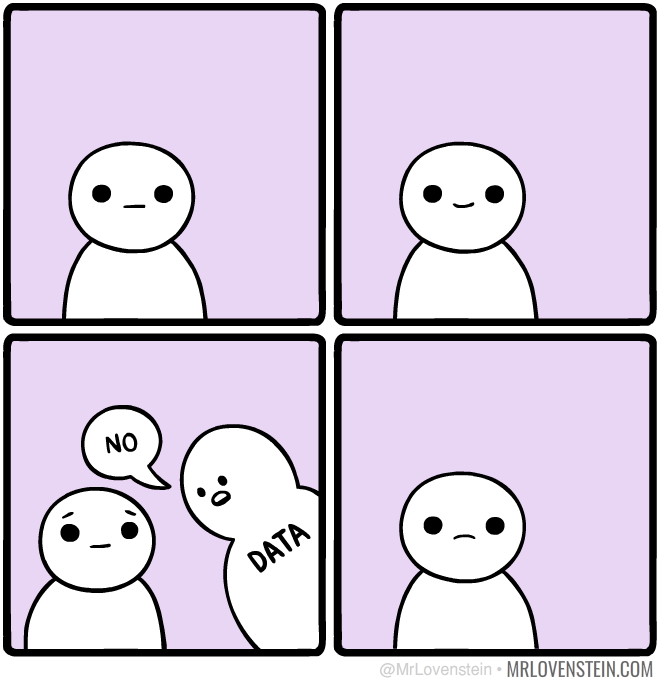Data-driven decision making can lead to paralysis. Last week, the FDA and CDC committees couldn’t make a decision about the booster shots because (complete) data was not available. Well, making decisions in the absence of complete data is a process of imagination and deep thinking, one that puts hypothesis development at the center and humans continue to prevail over machines in the process.
To avoid such a paralysis, more focus can be put on developing and rethinking hypotheses and their likelihoods. In emergent problems, an in-depth discussion on hypotheses and likelihoods is probably more helpful than an obsession to access complete data. Otherwise, by defining complete data as a prerequisite, as it would be in data-driven decision making, we will continue to be paralyzed looking into the future.
If we turn to data-informed decision making, however, hypotheses would take more control (not gut feeling but properly developed hypotheses*). We could then make decisions to be improved as more data becomes available without being paralyzed in the present. Rather than seeking the truth, we would seek probable truths (as in Bayesian thinking).
While we may be able to remain strictly data-driven for some problems and decisions, we should be comfortable proceeding informed (not driven) by data for others.
* This post made me think of a book I enjoyed reading last Fall: Defense of the Scientific Hypothesis: From Reproducibility Crisis to Big Data
